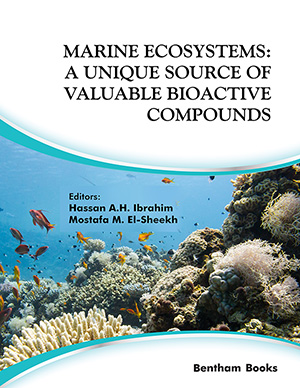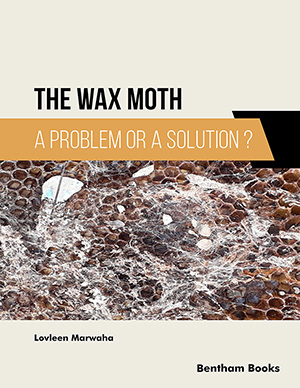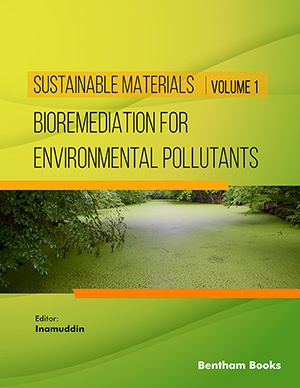Abstract
The water covers about 71% of the earth's surface and occupies an area of
about 361 million km2
and a volume of about 1370 million km3
of water. Oceans and
seas are responsible for maintaining the global climate by regulating air temperature
and supplying moisture for rainfall. They play a major part in the global carbon cycle,
removing almost 25% of the carbon dioxide released by human activity. Furthermore,
life would not have begun on Earth without seas, which support the planet's highest
biodiversity. They also offer social and economic goods and services, as well as
tourism and recreation, maritime transportation, security, and coastal protection.
Marine ecosystems include the open ocean, the deep-sea ocean, and coastal marine
ecosystems, each of which has different physical and biological characteristics. The
variability of the marine ecosystem is the result of the wide array of habitats in seas and
oceans. Coral reefs, seagrasses, estuaries, and mangroves are the most important types
of marine ecosystems. Variations in the characteristics of the marine environment
create different habitats and influence what types of organisms will inhabit them. The
marine environment can be divided into zones based on physical features such as
depth, temperature, light penetration, and other several factors. There are two main
marine realms or provinces, a pelagic realm that includes the water column and a
benthic realm that represents the sea floor. Each of these two domains has also been
divided into other smaller domains or regions based on the prevailing environmental
conditions. Pollution, habitat alteration, and overfishing are the most destructive
impacts on the marine environments and their threats are very clear. So, marine
ecosystems in oceans and seas should be protected through planned management in
order to prevent the over-exploitation of these resources.
Keywords: Marine Ecosystem, Diversity, Oceans, Conservation.






















